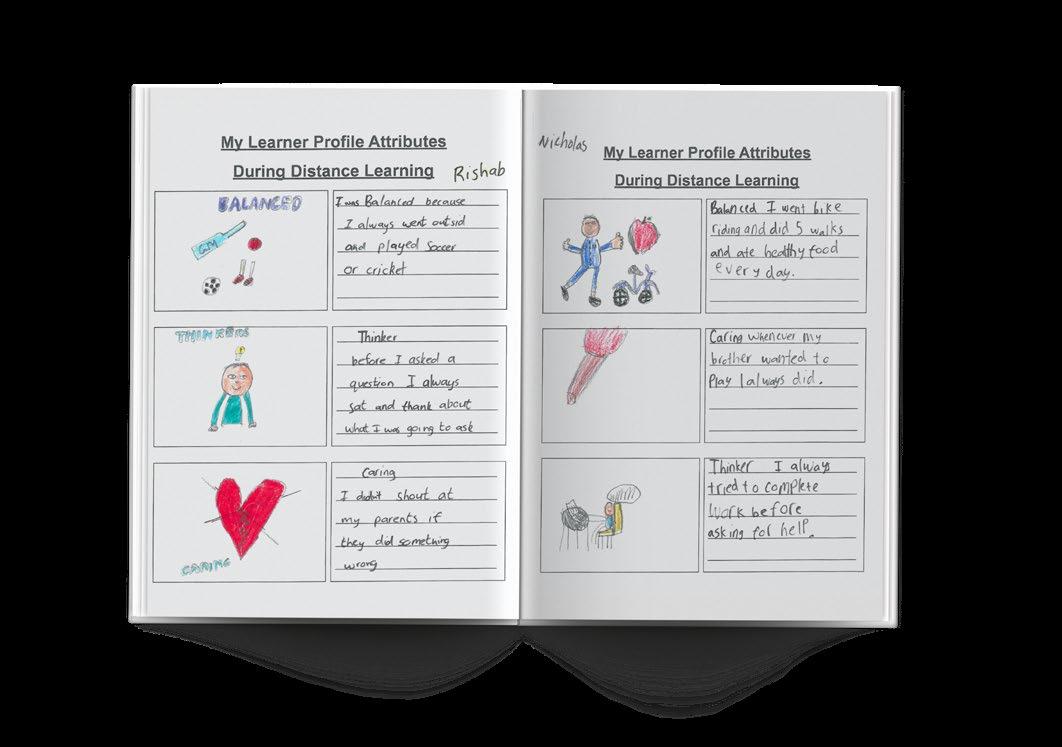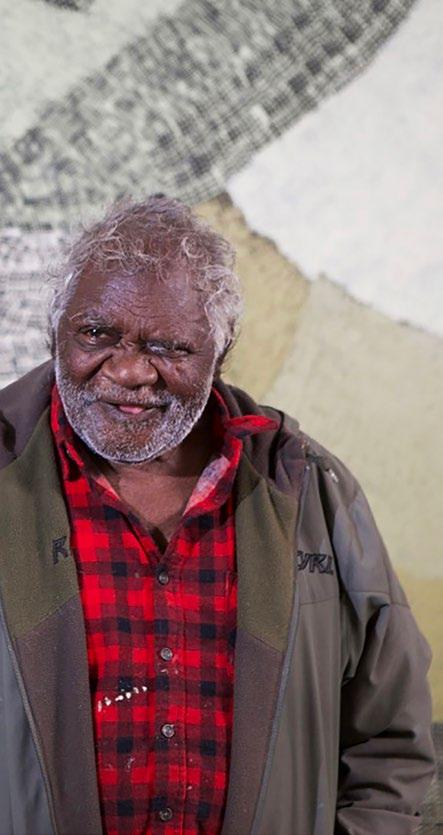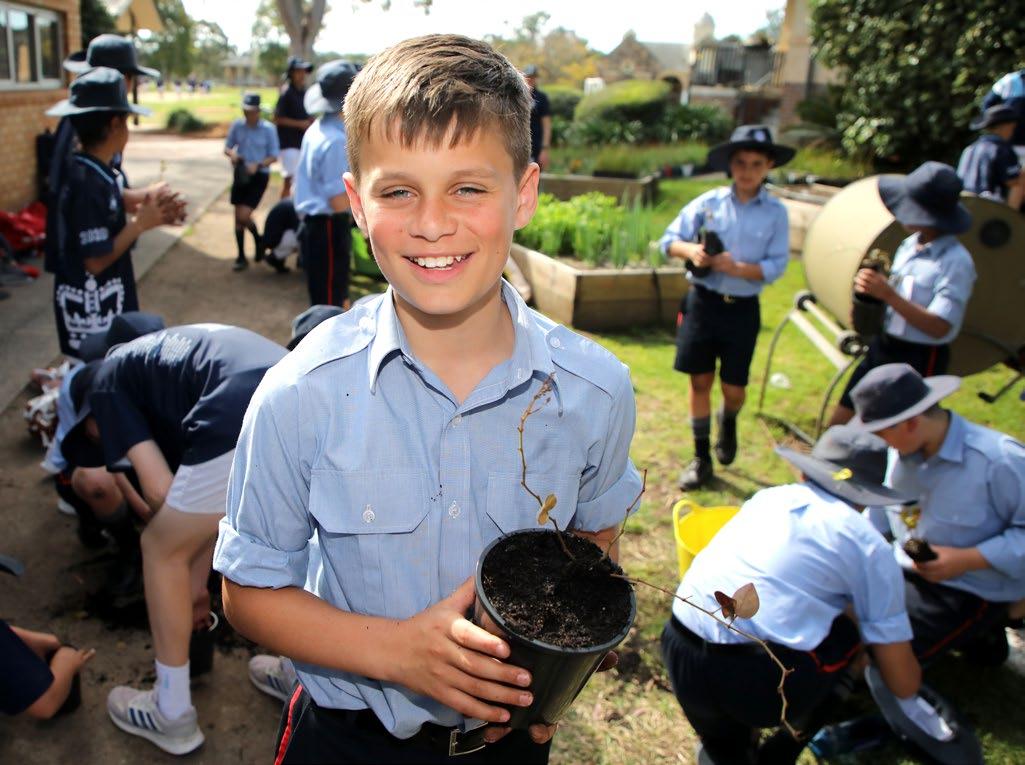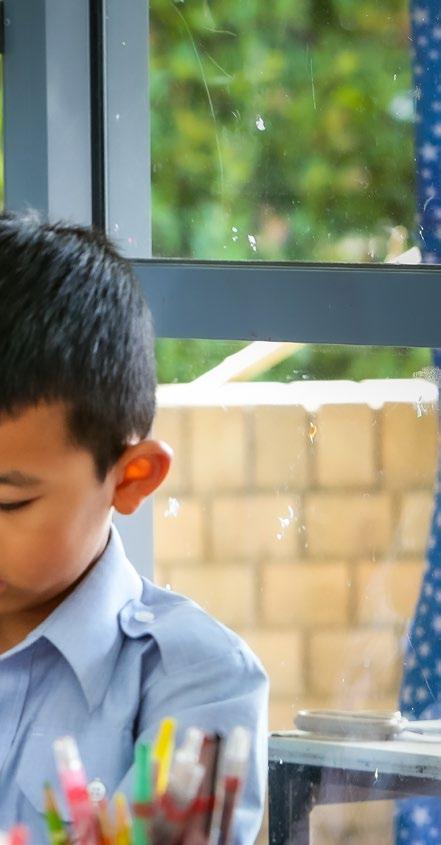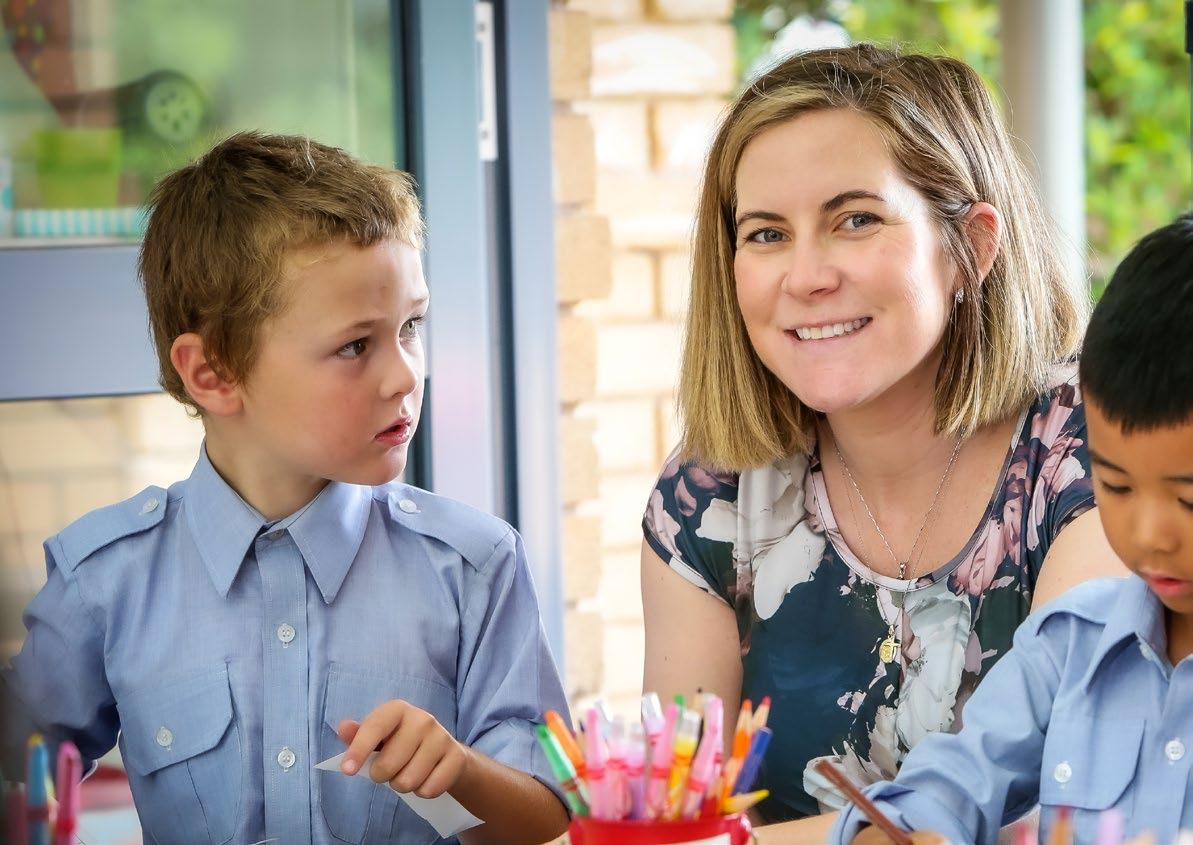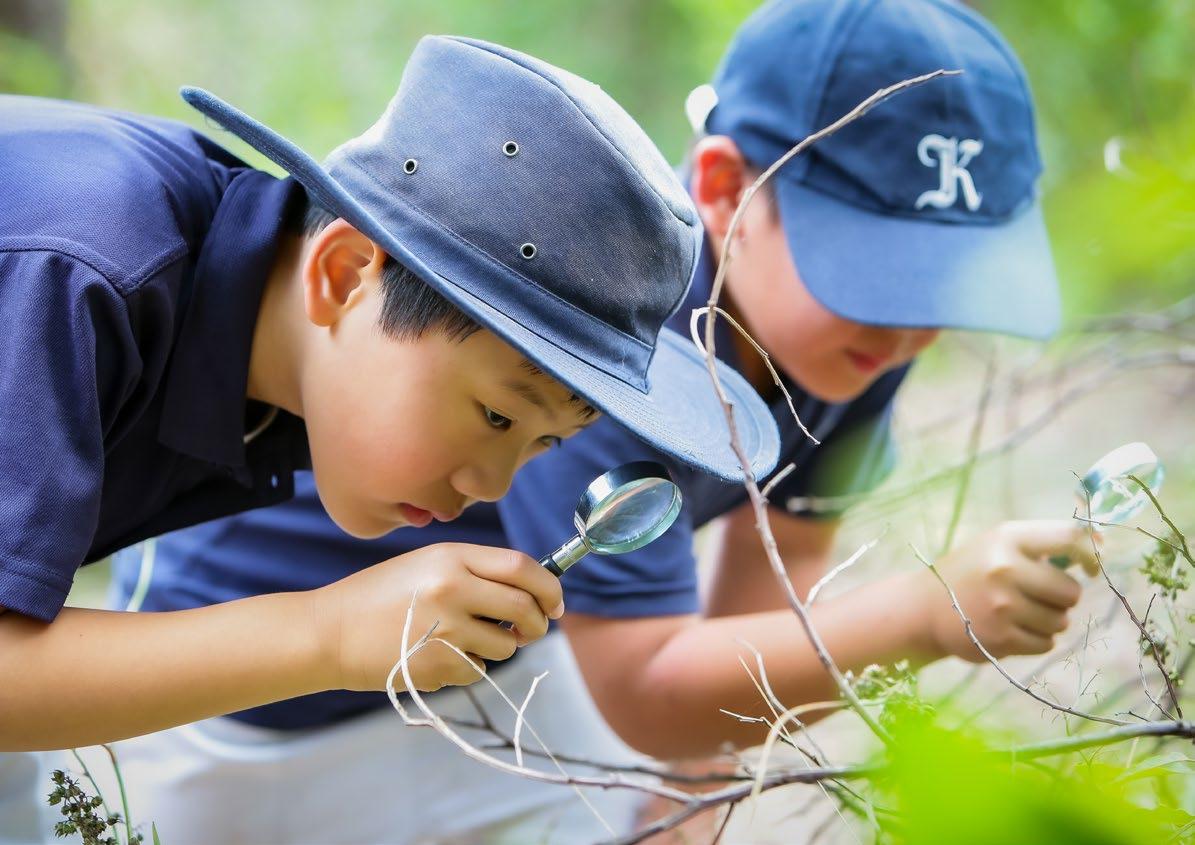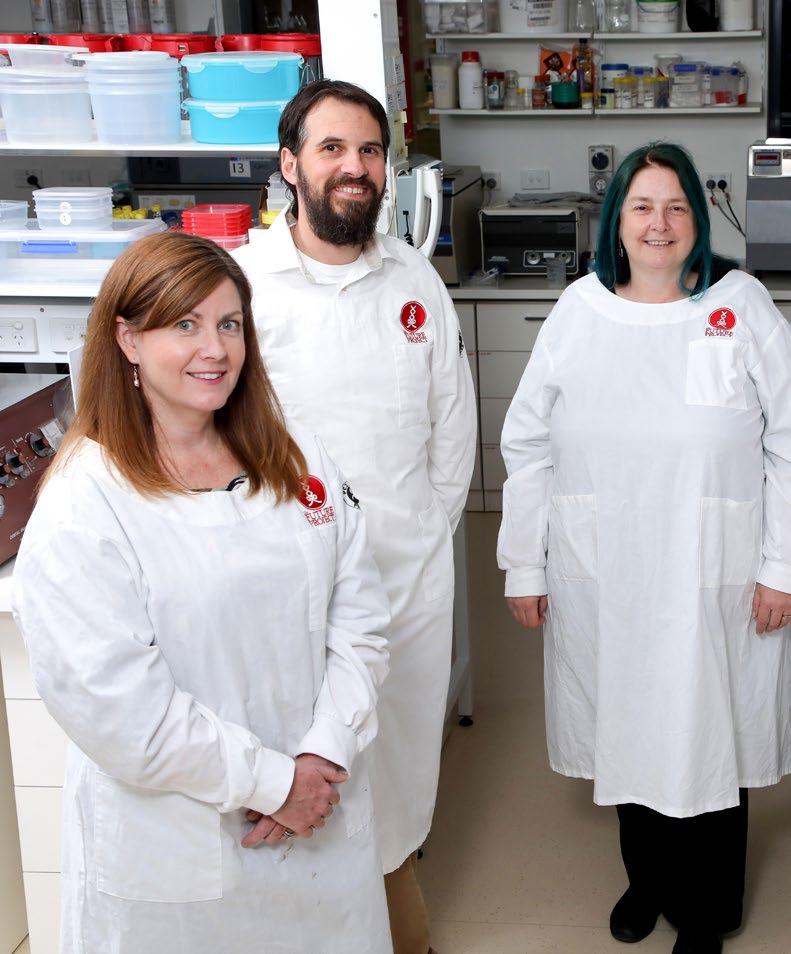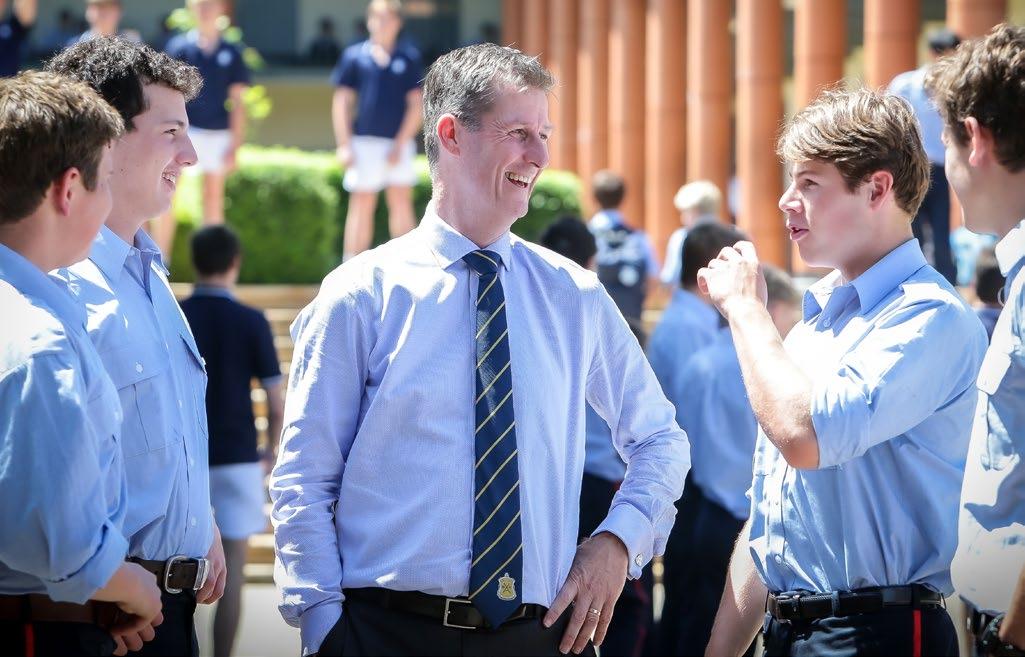28
Gazette Januar y 2021
AC A DE M IC E XC E L L E NC E
The Future Project Affilated Companies Quantal Bioscience
determine different clusters from different outbreaks from different countries.
The Future Project has been very fortunate, despite the events this year, to see the companies involved continue to grow. Quantal Bioscience, who have been with TFP since its inception in 2014, has seen new staff join their company to assist them with their research work and in delivering science education programs. Together, we are planning on embedding more of their authentic research into our Science programs across Years 7 to 12.
With only eight other research organisations within universities and hospitals using this technology, Quantal Bioscience is the first of its kind to bring this advance technology to the high school level. The new nanopore sequencing tool came to The King’s School lab in August and within one week TFP Junior Interns were able to use the technology.
Quantal Bioscience is a research microbiology laboratory, that studies micro-organisms and how they affect all parts of our life. This includes our food and having safe food to eat, how we grow food and having productive agriculture soil, and our health – how healthy the microbes are in our guts. Ultimately looking at complex communities of micro-organisms. 2020 has been a particularly exciting year for the Quantal Bioscience team as they have had a major upgrade in their research technology. Now using a new cutting-edge nanopore sequencing technology, they are able to do DNA sequencing of these complex micro-organism communities. “Being able to do the DNA sequencing means we can identify many more bacteria in those populations, much easier than before,” states Dr Michelle Bull, Principal Microbiologist for Quantal Bioscience. “Some of these microbes are really hard to grow in the laboratory and it would take a long time to specifically isolate them from these environments, but now we can look at the totality of the microbes – the bacteria and fungi and the impact those have on food safety, food quality or the productivity of soil in our crops, as well as how our gut responds.” To put it in perspective – the nanopore sequencing tool is so ground-breaking that it is currently being used during the COVID-19 pandemic. It has been utilised as one of the testing methods, as well as to help
food source, Vow are using animal cells, both domesticated and undomesticated, to create a new food category – artificially produced in The King’s School laboratory. Vow hit a major milestone this year as they showcased their new range of cultured meat products in a world-first culinary demonstration. Using six different animal species selected from Vow’s diverse cell library, the demonstration included kangaroo, pig, lamb, alpaca, rabbit and goat.
“Having these amazing King’s facilities to work in and then having access to these tools and putting them in the hands of students is extremely powerful for their engagement with science,” says Dr Michelle Bull. It’s quite remarkable to think King’s students are using the same innovative technology as PhD students and other professionals. Quantal Bioscience is without doubt setting up our young learners for the brightest possible future – not just in science but in all industries. “What we’re teaching the students is bioinformatics - it’s about taking large data sets, crunching those numbers and finding the patterns. It’s the absolute biggest growth area for jobs in almost any domain you can think of,” said Dr Belinda Chapman, Director and a Principal Microbiologist for Quantal Bioscience. It’s all about ‘Big Data’!
Vow Vow who joined TFP in 2019 as a start-up company, formed by Tim Noakesmith and George Peppou, has grown to now include 18 researchers and engineers who have come to us from all over the world. 2020 has been an especially big year for the Vow, having many exciting break-through moments – even gaining attention on an international scale. In a bid to alleviate the demand on the world’s looming food shortage crisis and assist in developing a more sustainable
“Until now the cultured meat industry has been focused on better ways of making the meat we most commonly eat today,” said George Peppou, Co-founder & CEO of Vow. “This milestone demonstrates we can grow the cells of any animal, not just those we can farm, marking a turning point for the cultured meat industry and our food system as a whole. To make food without compromise, we must stop looking backward to how our ancestors produced and ate food and instead choose how we will eat in the future.” Working in creative partnership with Australian famous chef and founder of the Rockpool restaurant empire, Neil Perry and Executive Chef Corey Costelloe, the team has put together a trial menu so enticing, that it foreshadows a shift in the way we consume meat products. Diners could enjoy goat cheeseburger sliders, alpaca chili tarama, kangaroo crystal dumplings, a rabbit tart with peas and mushroom or a lamb glassy scallop with tofu and mushroom.

